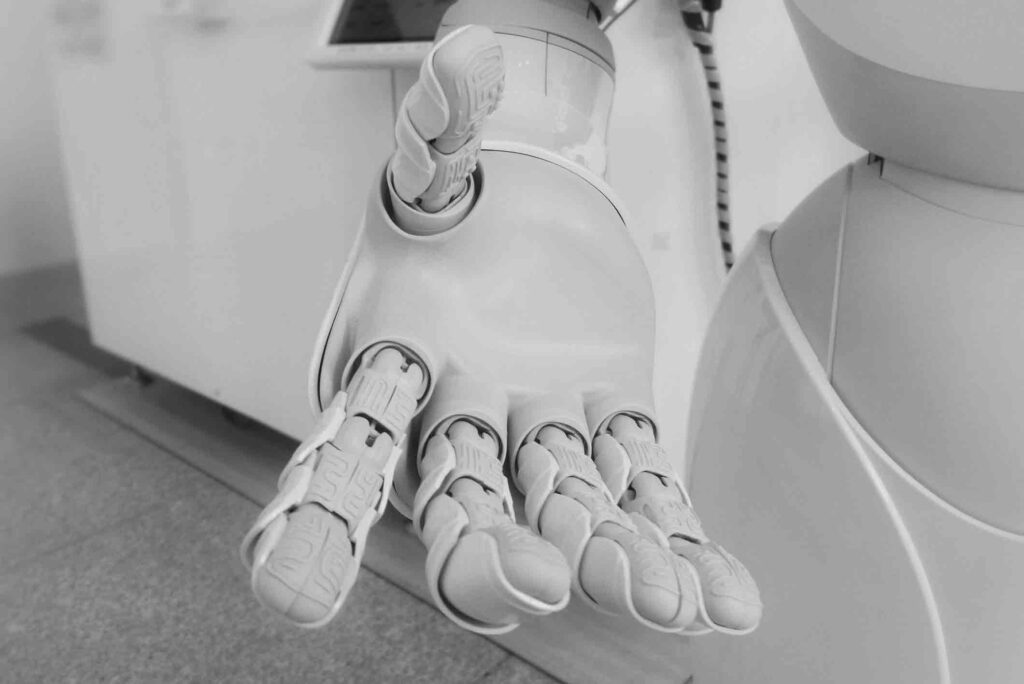
In a world where artificial intelligence (AI) is revolutionizing the business landscape, it’s crucial to understand both its incredible potential and the risks that accompany it. By diving into the insights provided by two AI engines, ChatGPT and Content.ai, I aim to explore this delicate balance and navigate the complexities of AI’s transformative power in our rapidly evolving world.
From what I gathered from the two artificial intelligence engines, the impact of AI on businesses largely depends on how it is employed. When used appropriately, artificial intelligence has the potential to enhance productivity, efficiency, and accuracy by automating repetitive tasks and offering valuable insights for improved decision-making. However, when misused, AI can have detrimental effects on businesses, leading to disruptions, job displacement, or inaccurate outcomes. In my view, it is essential to establish reliable, transparent, and ethical AI systems and train employees effectively to work alongside them.
In an effort to explore this subject more thoroughly, I asked the AI engines to create short blog posts discussing the future of artificial intelligence in business, touching on both its potential advantages and hazards.
ChatGPT’s response outlined several AI benefits in business, such as heightened efficiency, an enriched customer experience, better decision-making, cost savings, and personalization. At the same time, it addressed potential risks, including job displacement, data privacy and security concerns, biased algorithms, a lack of transparency, and overreliance on AI. According to ChatGPT, the key to reaping AI’s rewards while mitigating its risks is to develop ethical and transparent AI systems while emphasizing human-machine collaboration.

Content.ai’s response also acknowledged the numerous advantages of AI, stressing that it can save businesses time, money, and resources while providing valuable insights and predictive analytics. However, it warned that AI could be used to manipulate data and make biased decisions. Additionally, AI’s increasing complexity calls for strict adherence to ethical and legal standards. Content.ai also highlighted the potential for AI to replace human labor and advised businesses to prepare for the possible implications of widespread AI automation.
Both AI engines stressed the importance of understanding and managing AI’s potential risks while maximizing its benefits. As AI becomes even more prevalent in the business world, it is up to businesses to determine the best way to harness it to their advantage.
In conclusion, AI is undeniably here to stay, and like any other groundbreaking technology, such as the internet, it carries both positive and negative implications. As AI continues to evolve and reshape the business landscape, it is crucial to understand that it is not the technology itself, but how we use and manage it, that will ultimately determine its impact.
There is a growing consensus among thought leaders like Elon Musk that governments must establish a legal framework for AI. This framework would ensure that artificial intelligence technologies are developed and deployed to serve the greater good of humanity while minimizing potential harm. Clear guidelines and ethical standards would enable responsible innovation, allowing businesses to harness AI’s potential while mitigating risks.

As the AI revolution progresses, businesses, governments, and individuals must work together to shape a future where AI not only drives growth and efficiency, but also upholds the core values and principles that define our society. By engaging in open dialogue, sharing knowledge, and promoting responsible AI practices, we can navigate the challenges and opportunities that lie ahead, ensuring a future where AI benefits all of humankind. I believe that business leaders should include AI in their risk registers and maintain ongoing discussions about its implications at board and executive meetings.
Jack Welch once said, “If the rate of change on the outside exceeds the rate of change on the inside, the end is near.” Businesses must keep up with AI-driven changes in their industries or risk becoming obsolete. The key is to innovate and adapt, making informed decisions about AI integration in order to thrive in the face of change.
I invite you, the readers, to share your thoughts and plans on AI, as collaboration and knowledge-sharing are essential in navigating the ever-evolving landscape of AI in business. By working together, we can ensure that we strike the right balance between harnessing AI’s immense potential and addressing the challenges it poses, ultimately creating a brighter future for all.





